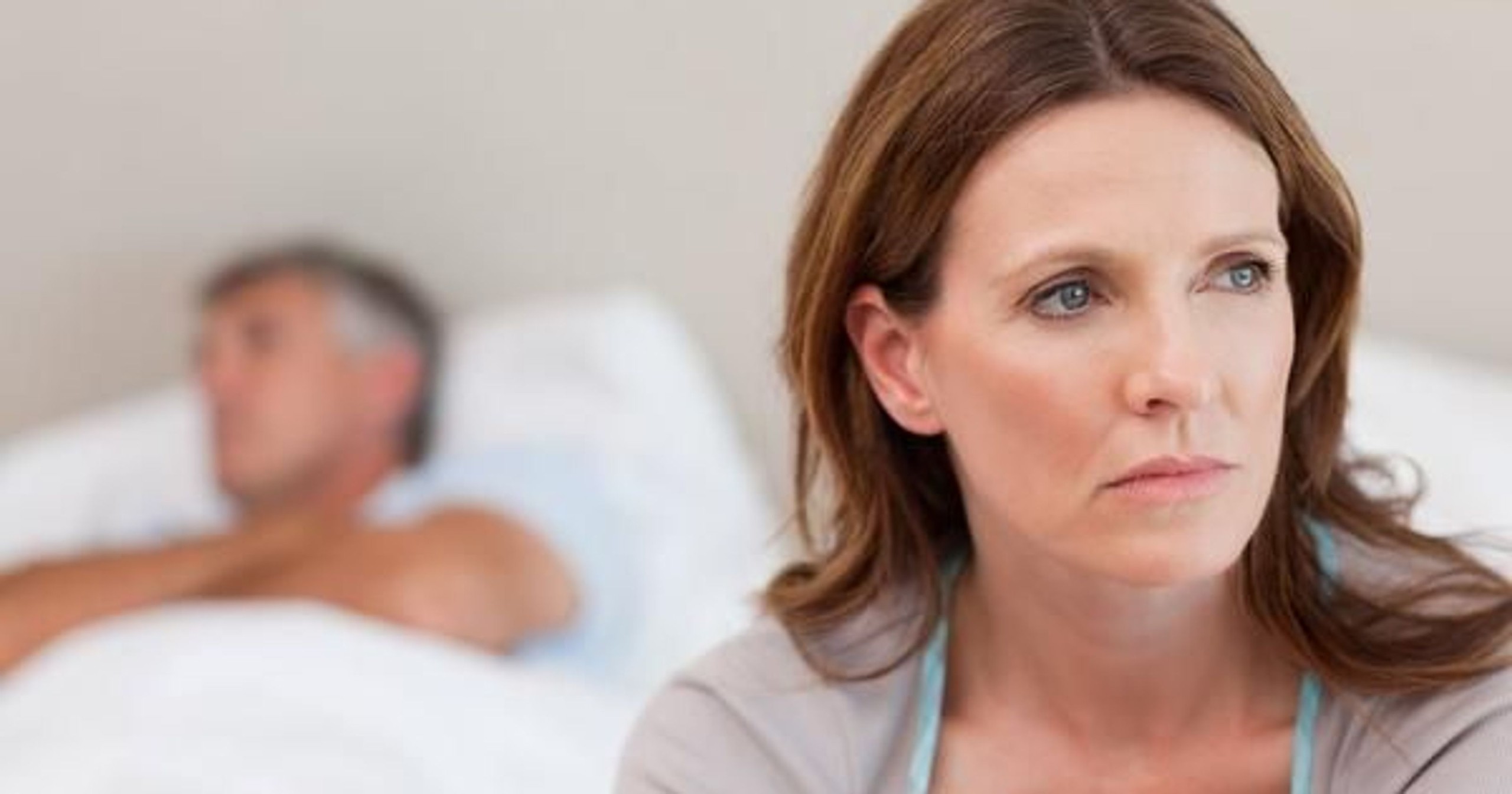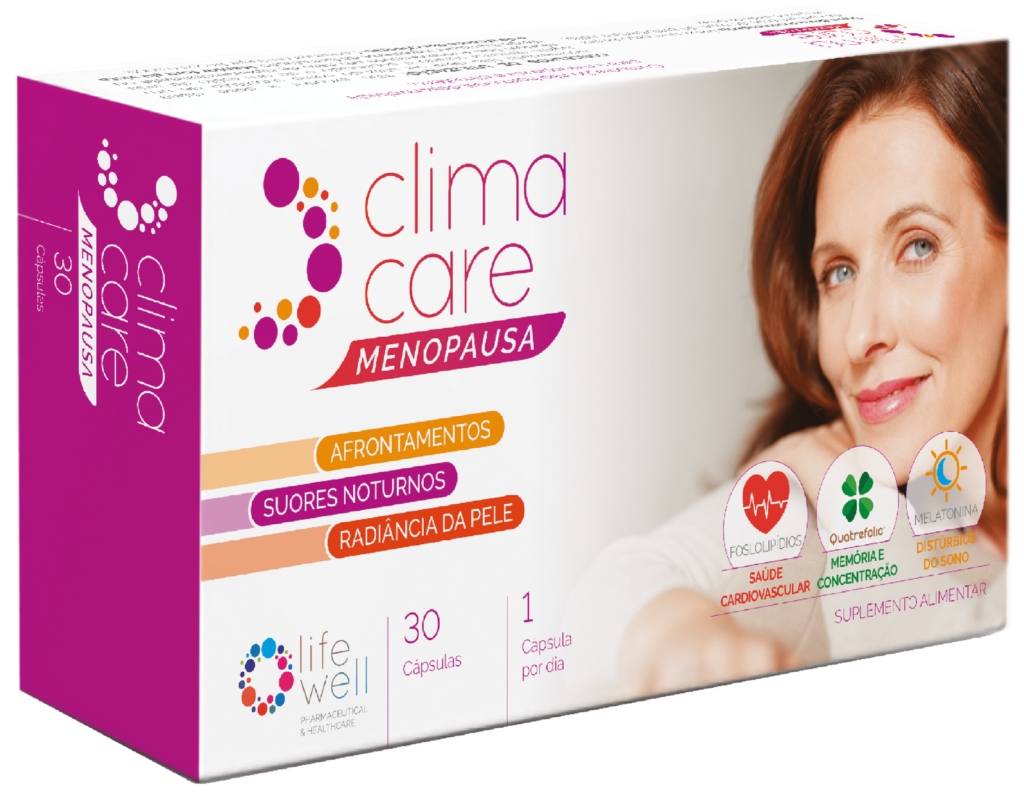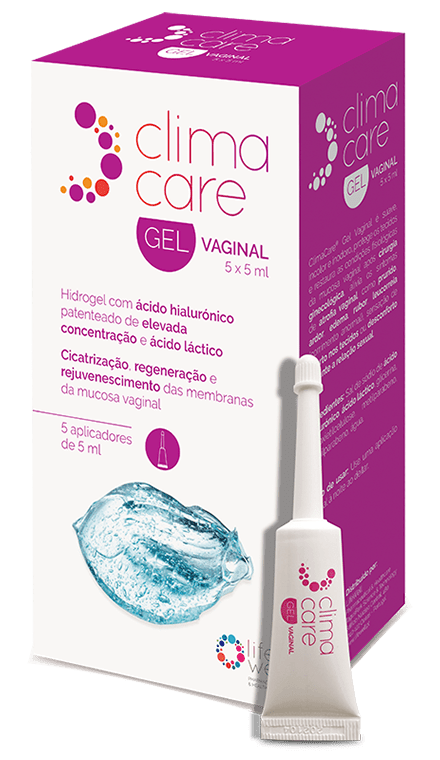Menopause. Hot flashes, changes in sleep, memory and libido, among other symptoms.
Menopause can be defined by absence of menstruation for 6 consecutive months and thereafter. There is no standard date for the start of this phase and it also does not depend on the age at which the parents had them.
Environmental factors can help anticipate menopause, such as exposure to radiation from various sources, tobacco, pollution, stress, sedentary lifestyle, type of food, among others.
It often starts after the age of 40 and can extend to 55 or more. Before the age of 40 there is talk of early menopause, after 55 late menopause.
Menopause corresponds to the aging of the ovary, which begins to progressively decrease the production of the hormone estradiol. The most frequent symptomatology is undoubtedly the change in the menstrual cycle.
About 70% of women will have hot flashes, which can be very annoying, sometimes accompanied by palpitations and facial flushing . Although hot flashes are not a disease, there are people who can’t lead a normal life. Changes in sleep rhythm also arise (insomnia, short sleeps…).
There are also records of mood swings, the most common being irritability and depression. Memory change and loss of concentration can also occur, as well as decreased libido, dyspareunia (pain in sexual intercourse) and atrophy of the skin and mucous membranes.
Another symptom is urinary urgency, which should not be confused with incontinence. The lack of sufficient estradiol in circulation leads to medium and long-term loss of bone mass, causing osteoporosis and increased likelihood of spontaneous fractures.
Since it is cardioprotective estradiol, its decrease increases cardiovascular diseases such as HTA (arterial hypertension) and coronary heart disease.
These diseases are serious public health problems that can and should be avoided.
What's to be done?
Before starting any therapy, the woman should undergo a mammogram, densitometry, general and hormonal tests or other tests that are justified.
The therapy to be considered will depend on the woman and her specific complaints, possible options and advice from her doctor.
There are hormonal treatments (medicines) that your attending doctor may consider and that aim to improve your quality of life.
Today there are non-hormonal treatments available to women and their attending physicians, which have excellent clinical results and which provide a significant improvement in women’s health at this special stage of their lives.
Talk to your gynecologist.









